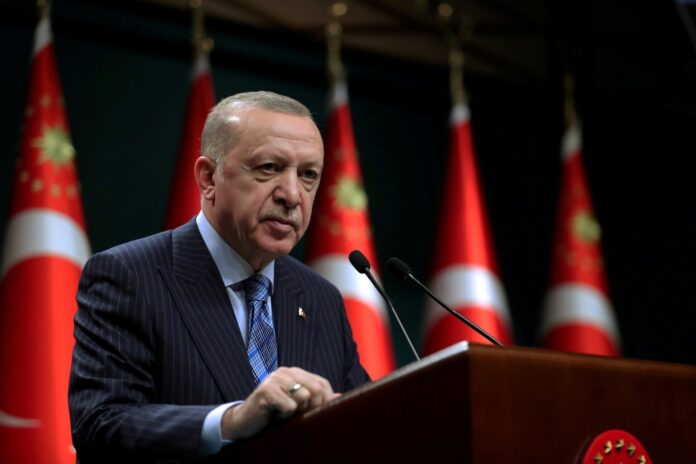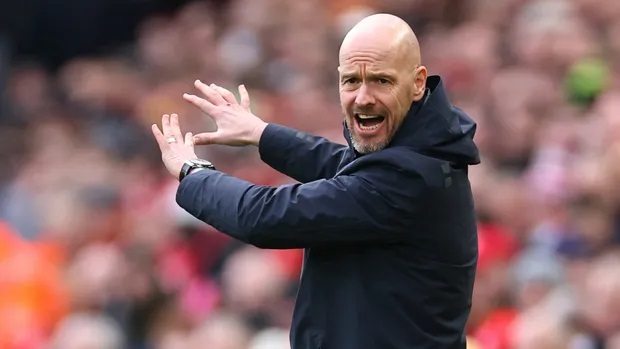On the morning of 6 February, Turkey was shaken by a severe earthquake. Thousands of people lost their lives or became homeless under harsh winter conditions. There is no dispute that the earthquake was of exceptional severity. But many agree that the lack of professionalism of the AFAD, the government agency tasked with dealing with disasters, is making things worse. After the earthquake which affected 10 provinces, search and rescue activities only started days later. Survivors suffered from shortages of shelter, food and toilets. Cell phones did not work. As if all this were not enough, government-controlled media institutions waged a war against non-governmental organizations that wanted to help victims by making up for government inadequacies. Organizational disorder left its mark on the convoluted search and rescue process, writes Burak Bilgehan Özpek.
This issue of state capacity versus administrative capabilities has become a main discussion topic in Turkey. Considering the elections to be held in June, this debate has inevitably become politicized. The effects of the disaster will not be limited to the elections. It will continue to impact the economic performance, foreign policy paradigm and sociological structure of the country for years to come. It would Therefore be more appropriate to focus not only on the impact on the elections, but also on the possible transformation scenarios that the country will experience in the medium and long term.
First of all, the cost of past earthquakes on our country’s economy have been devastating. The Gölcük earthquake in 1999 had a terribly negative impact on the Turkish economy. And while the government was trying to deal, the country was dragged into a major economic crisis. Immediately thereafter the votes of the parties forming the coalition government dropped dramatically and the AKP, led by Erdoğan, received the majority needed in parliament to form a government, coming to power in 2002. However, the transformation in Turkey, or lack thereof, was not limited to this change of power.
After the earthquake, Turkey began to care more about the European Union accession process than ever before, as EU membership had come to the fore as an option to save the country from economic depression. Although Turkey did not become an EU member immediately, it hoped that the reforms of the accession process would provide the capital flow needed. Thus began an ambitious reform process. These reforms changed the nature of civil-military relations in the country and successfully expanded civil society. This started before the AKP. Following the economic crisis, Kemal Derviş, the famous World Bank economist, was appointed as the economy minister and many structural reforms were made. The autonomy of institutions was ensured and the institutional capacity of the bureaucracy was increased with legal regulations. The AKP government did maintain and respect Derviş’s reforms.
In the field of foreign policy, Turkey tried to act rationally. In line with the decision taken by parliament, it did not enter the Iraq War. Instead, we developed a Middle East policy based on diplomacy, dialogue, trade and soft power. The stability created by the EU membership process, attracted foreign capital and the post-earthquake political and economic instability was replace with optimism. Turkey’s reinforced its role in the traditional Western alliance, developed its regional relations and maintaining balanced relations with Russia, all producing positive economic results. The steps taken to find solutions to the problems created by the earthquake led to democratization, economic growth and cooperation in foreign policy.
This picture came to a grim end with the gradual rise of the authoritarian AKP. Erdogan has centralized power domestically, restricted freedom of expression and political liberties, and brought the media, universities and civil society under his control. He substituted crony capitalism for the competitive market economy. The economic systems was populate by allies rather than professionals. Foreign policy began a trajectory that can be described as conspiratorial, anti-Western and militaristic. Turkey’s break with the Western alliance pushed it to establish close relations with Russia, with Turkey adding the S-400 missiles, incompatible with NATO systems, to its arsenal, despite serious objections of NATO and the US. After adopting nationalist and militaristic language, Erdogan also made a U-turn on the Kurdish question. Erdogan, who had been trying to establish peace with the Kurds until 2015, opened a front with the PKK and PKK-linked groups in Syria, taking a firm stance against the Syrian Democratic Forces, seen as an important partner of the anti-ISIS coalition by the US and the EU.
Authoritarianism has further dragged the economy into a major crisis and the Turkish economy has been struggling with high inflation for about a year now. The Turkish Lira depreciated significantly against the Dollar and Euro. Citizens are impoverished and the country is experiencing a housing crisis, especially for the middle class living in metropolitan cities. Despite this, Erdogan still maintains a positive reputation in the eyes of his electorate, especially those living in conservative Anatolian cities, those who are directly dependent on public resources, and nationalists who appreciate his stance on the Kurdish issue. It is possible to say that Erdogan voters living in metropolitan cities and representatives of the young generation of conservative families are undecided due to current economic conditions. This creates hope for the opposition. The earthquake in addittion to this bleak picture makes the June elections ever more important.
If the opposition wins the elections, we are likely to see a reaction similar to 1999. A strong and autonomous bureaucracy, close relations with the West, and a rapid reform process can provide the resources Turkey needs. Thus, the negative consequences of the earthquake for the whole country may actually offer an opportunity in the immediate future. Nevertheless, it is imperative to consider the possibility of an AKP win and to discuss possible policy changes.
The effects of the earthquake on society and economy may not be felt immediately. Right now, Erdogan wants to rebuild destroyed buildings with all his might and turn these efforts into an election campaign. For this, he organized an aid campaign broadcasted live by all television channels, and collected approximately 6 billion dollars in aid from government institutions and businessmen who have flourished under his rule. This means a parallel budget free from parliamentarian oversight. This will strongly support the rentier economy he has developed Erdoğan, one which is largely based on construction industry. In other words, Erdogan, together with his cronies can quickly start building houses in the destroyed cities and reinforce his image of a resourceful leader in the eyes of the public, all the while enriching themselves with little to no oversight.
The short time remaining for the elections is an advantage for Erdogan as he is making an extraordinary effort to protect the value of the Turkish lira. In order to maintain his un-orthodox economic policy, he has to increase Turkish debt to foreign countries. This is a policy that can only be maintained until the election. If he wins the elections, Erdogan will be forced to revise this policy and return to conventional economic policy, or the Turkish lira will continue to depreciate rapidly. The first possibility could result in a halt in growth and a spike in unemployment. The second possibility is that this may cause inflation. Moreover, the cost of damage caused by the earthquake will be many times higher than the aid budget collected. In other words, public expenditures will increase, further increasing both taxes and inflation. So far, he has chosen the latter possibility of increasing debt using his international connections. His only goal at the moment is to win the election and secure another 5 years of power before a bigger crisis breaks out. After the elections, a crossroads is inevitable.
At this point, even if Erdoğan wins the elections, he will have to make concessions. He may even need to knock on the door of the IMF at some point to attain the resources he needs. This however is not ideal for him as it would mean that the public budget would be subject to control and oversight. Moreover, for international capital to enter the country, he would have to strengthen institutional autonomy and abandon his insistence on arbitrary decision making. In other words, a political and legal transformation has to begin. Finally, Erdoğan would have to abandon a militarist and security-oriented approach in foreign policy and take a path aimed at peaceful cooperation. Thus, we may see an Erdoğan who wins the presidency but is limited by external constraints. Of course, such a situation would bring about the disintegration of the rent-based coalition which he has established with many political, bureaucratic and non-state actors in recent years. Indeed, the earthquake has shaken not only the Turkish people but also, the corrupt system which Erdoğan has built.
Burak Bilgehan Özpek is an associate professor at the department of Political Science and International Relations in TOBB University of Economics and Technology. Source: eureporter.co







